Canada announced: ban disposable plastic products! Goodbye to plastic bags, water bottles, straws and tableware!
Vancouver Bay (bcbay.com) Li Xiao comprehensive report: on Monday (June 10), Prime Minister Trudeau officially announced that Canada will ban the use of disposable plastic products from 2021. Including plastic straws, cotton swabs, beverage mixers, plates, tableware, balloon sticks and other plastic products.
He announced the news at the Gault Nature Reserve in Mont St Hilaire, a suburb of Montreal.

Trudeau: as a father, these situations are difficult to explain
Trudeau said: 'to be honest, as a father, it is quite difficult to explain this to my children. How do you explain that the bellies of the dead whales washed ashore all over the world are stuffed with plastic bags? '
'as parents, we have reached a point where when we take our children to the beach, we must find a place on the beach that is not full of straws, foam and cans. This is a problem that we have to deal with. '
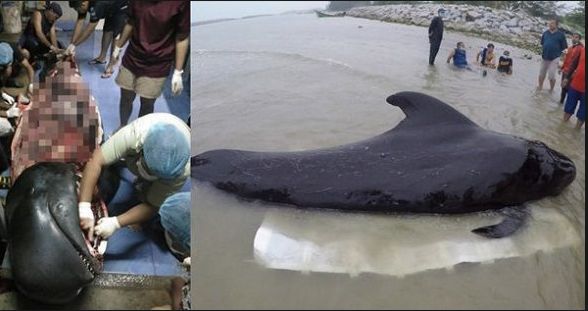
Canada will hold a general election in October, and climate change and pollution are expected to be the most concerned issues in the election campaign.
Plastic bags, water bottles, straws, tableware, fast food boxes, foam cups, etc. should be banned
According to Canadian Broadcasting Chinese, the list of plastic items banned by the Canadian government has not been finalized.
However, a government source said that the banned items would include disposable plastic bags, plastic water bottles, plastic straws, plastic tableware, beverage mixers, fast-food containers, cups made of expanded polystyrene and other items.
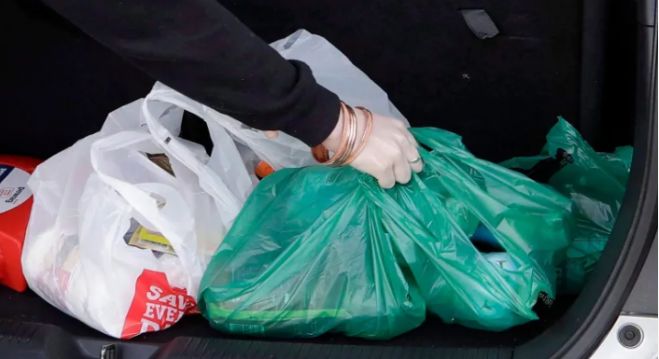
Trudeau said that the federal government was following the EU model to determine the list of plastic products that should be banned. The EU voted in March this year to ban the use of products made of oxidative degradable plastics, such as bags.
He also said that the federal government will order companies that manufacture and sell plastic products to take responsibility for recycling plastic waste.
The Canadian Department of environment and climate change said that Canadians throw away more than 34million plastic bags every day. These plastic bags are usually finally sent to landfills, which may take up to 1000 years to decay.
Worldwide, more than 30 countries have banned the use of some disposable plastics, including France, India and Italy, as well as some states in the United States, including New York and California.
The food chain is polluted. The water you drink and the fish you eat have plastic
In fact, we are now living on a plastic planet.

Walking along the beach, do you think you will see leisurely turtles, clear water and green coconut trees? In fact, plastic slippers, mineral water bottles, and production molds have been brought up by the tide again and again
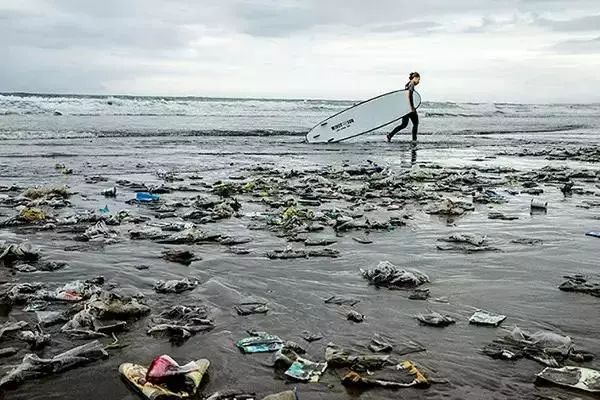
According to the guardian, about 1million plastic bottled beverages are purchased worldwide every minute.
Every year, human beings produce 288 million tons of plastic. And these plastic products cannot be degraded. A plastic product that we use once a day, or even 10 seconds, will stay on this planet forever.
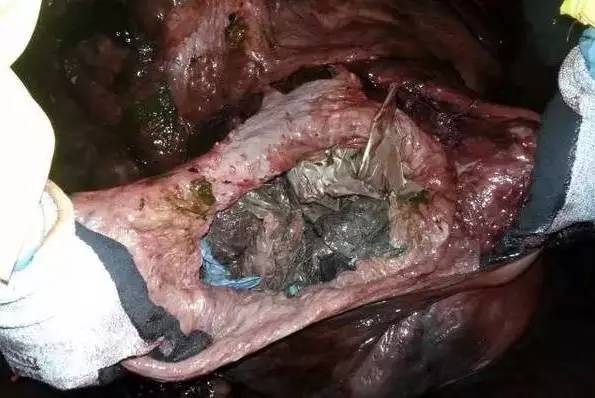
In 2016, a whale ran aground off the coast of Norway. Scientists found that his internal organs were stuffed with plastic bags, as many as 30. Some of them are obviously from British waters.
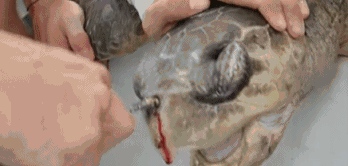
A complete straw was stuck in the nostril of the turtle, and it took the staff 8 minutes to pull it out.
Some experts have warned that some plastics have entered the human food chain.
A German study found that 24 kinds of beer in the country contain man-made fibers and fragments.
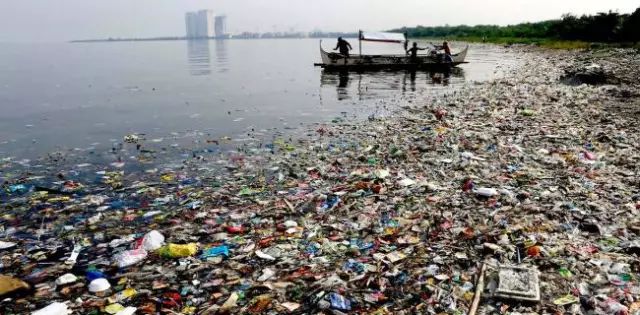
In August 2016, a study by the University of Plymouth showed that 1/3 of the fish caught in the UK contained plastic, including cod, haddock, mackerel and shellfish.
Laura, a biologist at McGill University in Canada McDonnell's main research field is aquatic animal physiology, which can be said to belong to the group of scientists who know fish best. But the expert recently said that she decided to stop eating fish.
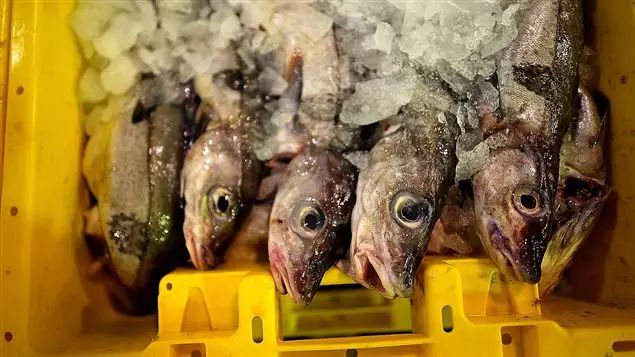
She said, fish eat plastic, we eat fish.
So, eating fish is equivalent to eating plastic at the same time?
The view of scientists at Ghent University in Belgium seems to confirm this view. They recently calculated that people who eat seafood are likely to consume up to 11000 small plastic particles per year.
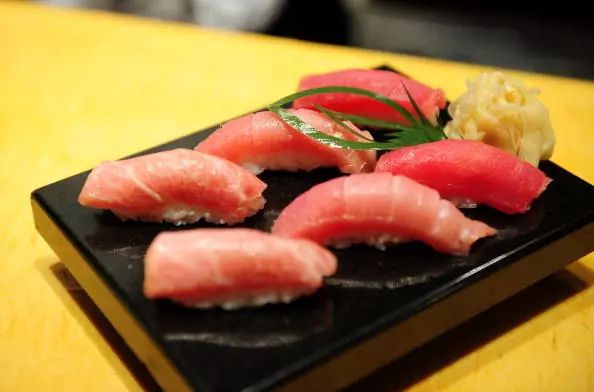
In Canada, many people are used to drinking tap water directly. In everyone's impression, it seems to be a symbol of safety and quality.
But is this really the case?

According to the guardian, orb media, a non-profit organization, commissioned the school of public health of the University of Minnesota to test 159 drinking water samples collected from 12 countries, and found that 83% of the sampled water samples contained plastic fibers.
It can be said that plastic particles are commonly found in drinking water in Europe, America and Asia.
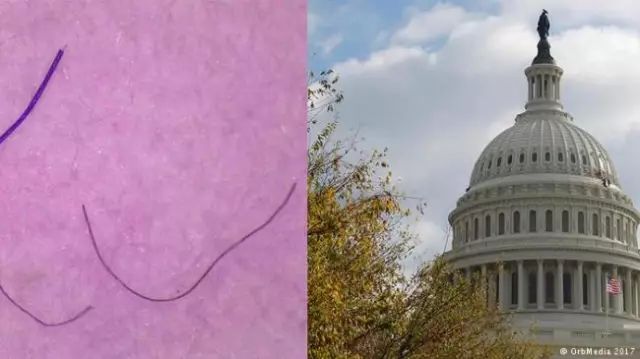
To the surprise of many people, the highest pollution rate is actually the United States, which has reached 94%, with an average of 4.8 micro plastic fibers per 500 ml of water.
Scientists have pointed out that tiny plastic particles may penetrate human organs and even every cell. And this is what really worries people.
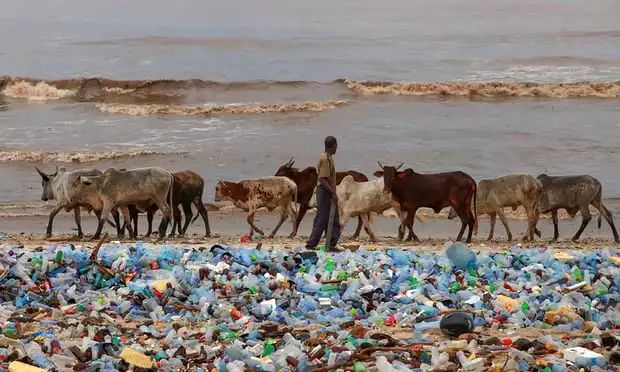
In addition, plastic particles can also attract bacteria in sewers. Some studies have shown that there are more harmful pathogens on plastic particles downstream of sewage treatment plants.
Experts pointed out that the diameter of plastic particles is only 10 microns, which is unlikely to be filtered by the general drinking water filtration system.
Plastic particles can come from many sources, including cosmetics and clothing. For example, the 'sand' contained in the scrub products used by girls for skin cleaning is itself plastic particles.

Plastic particles may also come from debris generated by clothing wear. Research shows that every time the washing machine washes clothes, it will release 700000 parts of fiber.
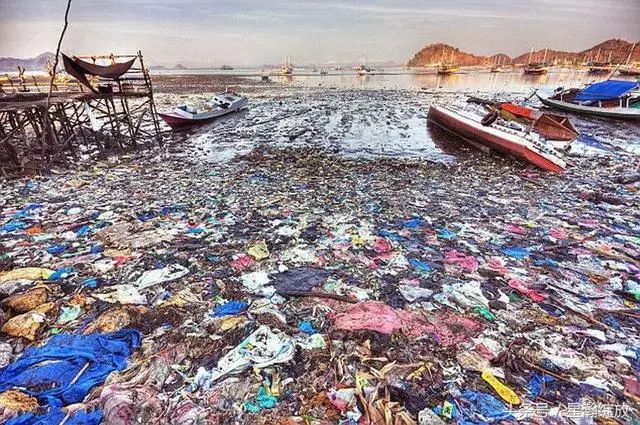
Therefore, those plastic products we throw away will eventually not only annihilate us, but also enter our bodies.
It can be said that the toxins of plastic waste flow straight up the food chain, and we at the top of the food chain seem to have become containers for toxins.
Our bodies are running with a lot of synthetic chemicals every day.
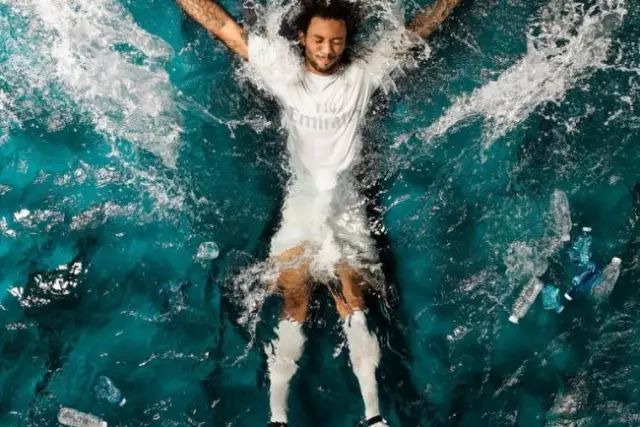
Sherri Mason, an expert on plastic pollution research at the State University of New York, sun, further warned that the pollution of natural resources often affects the whole body. If the water source is polluted, other resources such as land and air cannot be spared.
It's terrible. I hope the plastic ban can really make Canadians slowly change the world.
Article links:http://www.sohu.com/a/319709684_734116?scm=1002.44003c.fe014a0151.PC_ARTICLE_REC&spm=smpc.content.fd-d.1.1560501806302a3hCynq&_f=index_pagerecom_1